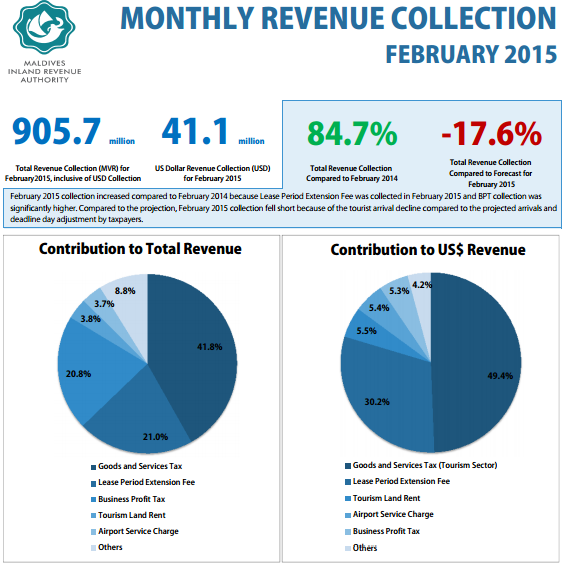Human Rights group Maldivian Democracy Network (MDN) has urged the UN Special Rapporteur on the Independence of Judges and Lawyers to investigate the jailing of former President Mohamed Nasheed on terrorism charges.
The “independence of the judiciary has been lost,” MDN said in a letter to Gabriela Knaul, stating President Abdulla Yameen was using the judiciary as a tool to “oppress the opposition.”
“We fear that without timely intervention, the country will complete its slide back to autocracy. We strongly urge you to investigate the matter further and issue a public statement denouncing this flagrant abuse of rights being perpetuated through the Maldives’ judiciary,” the letter read.
MDN called upon the international community to take serious measures to prevent further human rights violations at the “helm of a corrupt judiciary.”
The former president was convicted of terrorism and sentenced to 13 years in prison last night (March 13) over the January 2012 military detention of Criminal Court Chief Judge Abdulla Mohamed.
Nasheed’s administration detained Judge Abdulla after deeming him a national security threat. Then- Home Minister Hassan Afeef accused the judge of political bias, obstructing police, stalling cases, links with organised crime and “taking the entire criminal justice system in his fist” to protect key figures of the former dictatorship from human rights and corruption cases.
Delivering the guilty verdict last night, Judge Abdulla Didi said the prosecution’s evidence proved beyond reasonable doubt that Nasheed ordered the chief judge’s arrest or “forceful abduction.”
The NGO described the trial as a “political tool designed to disqualify him from contesting future elections and silence his voice of political opposition,” noting that the trial took place at an “uncharacteristically extreme speed.”
“The systematic procedural irregularities in the current proceedings demonstrate that the current charges against Nasheed are a continuation of the same campaign to disqualify him from political office and effectively silence his political dissent in the Maldives, using a corrupt and biased judicial system to realise this goal,” said MDN.
All four of Nasheed’s lawyers quit on March 9 in protest of the Criminal Court’s refusal to grant sufficient time to examine the prosecution’s evidence and mount a defence.
The presiding judges had denied the lawyers’ request for adequate time, stating the legal team has had the case documents for three years.
Meanwhile, the Human Rights Commission of the Maldives (HRCM) said today Nasheed “was denied fundamental rights which guarantee a fair trial by the constitution, and some rights granted by the International Covenant on Civil and Political Rights.”
HRCM noted that the Criminal Court denied requests made by the commission to observe trials.
Advocacy group Transparency Maldives (TM) also expressed “grave concern” on the guilty verdict, stressing Nasheed was denied legal representation, right to appeal and adequate time to build a defence against new terror charges.
TM also noted that the “serious issues of conflict of interest were prevalent in the case” with two of the three judges presiding over the case having provided statements during the investigation.
“These procedural irregularities raise serious questions about the fairness, transparency and independence of the judicial process followed and the provision of the accused’s inalienable right to a fair trial,” read a TM statement today.
TM called upon state actors to “uphold democratic principles and international conventions”, while urging the public and law enforcement agencies to “exercise restraint and calm in order to mitigate further deterioration of the security situation in the Maldives.”
Knaul had previously expressed concern over lack of due process in a 2012 trial in which Nasheed had been charged with “arbitrarily detaining” Judge Abdulla at the Hulhumalé Magistrate Court.
Knaul questioned the constitutionality of the magistrate court and the appointment of the three-judge panel, “which seems to have been set up in arbitrary manner, without following procedures set by law.”
“It is indeed difficult to understand why one former President is being tired for an act he took outside his prerogative, while another has not had to answer for any of the alleged human rights violations documented over the years,” wrote Knaul, in her report to the UN Human Rights council following her mission in Maldives in February 2013.
Prosecutor General Muhthaz Muhsin in February withdrew the lesser charges and re-prosecuted Nasheed on harsher terror charges.
The United States, United Kingdom and the European Union have expressed concern with the lack of due process, while Amnesty International said Nasheed’s sentencing “after a deeply flawed and politically motivated trial is a travesty of justice.”
Related to this story
Former President Nasheed found guilty of terrorism, sentenced to 13 years in prison
“This is not a court of law. This is injustice,” Nasheed tells the Criminal Court
US, EU, and UK concerned over lack of due process in Nasheed trial
Nasheed trial “not free or fair,” says Maldivian Democracy Network
Former President Nasheed appears in court with arm in makeshift sling


